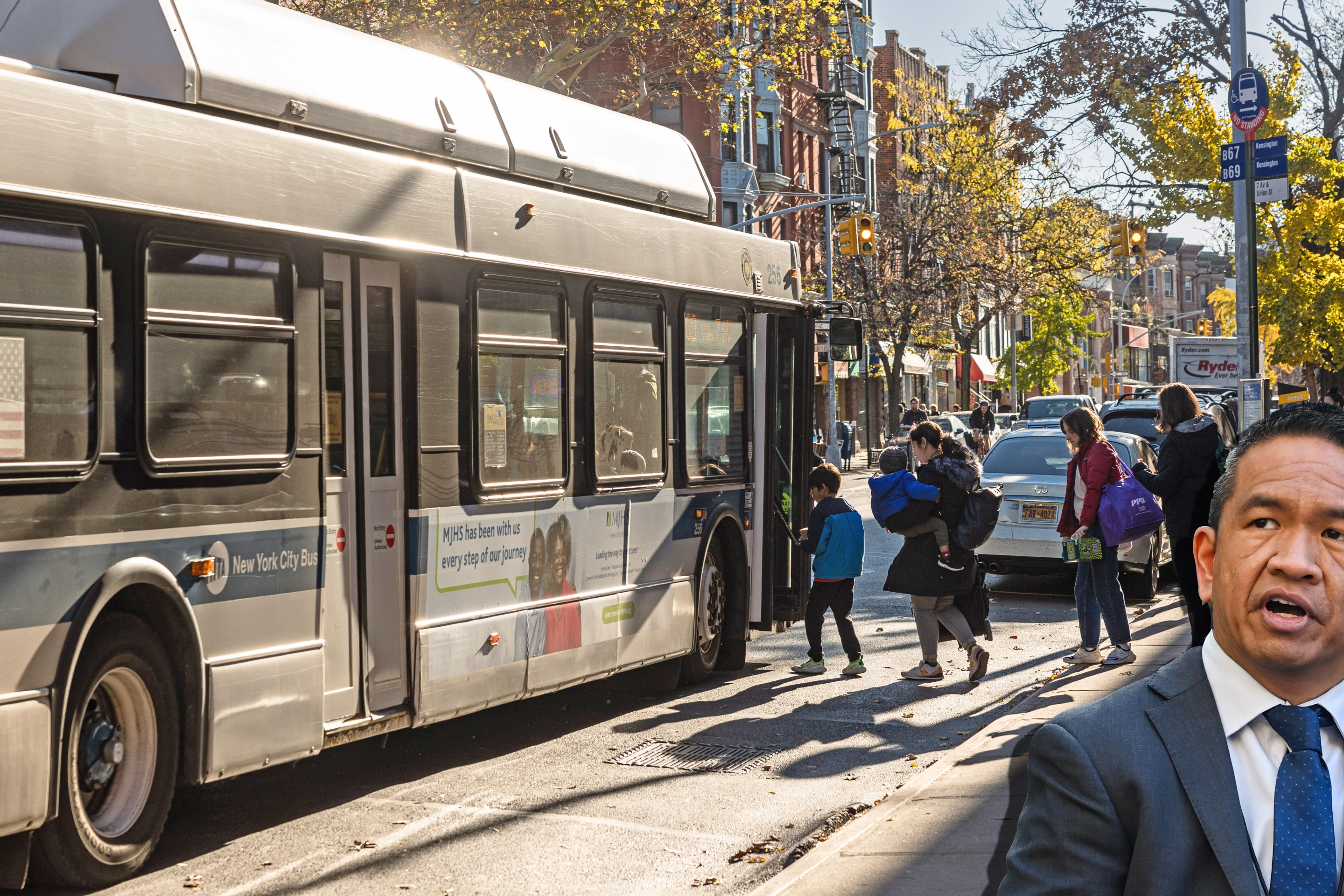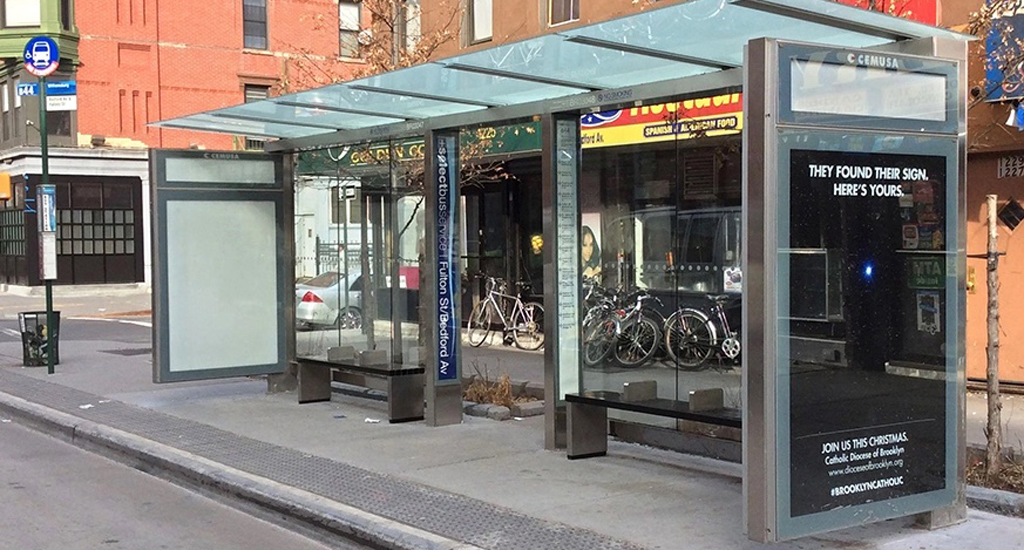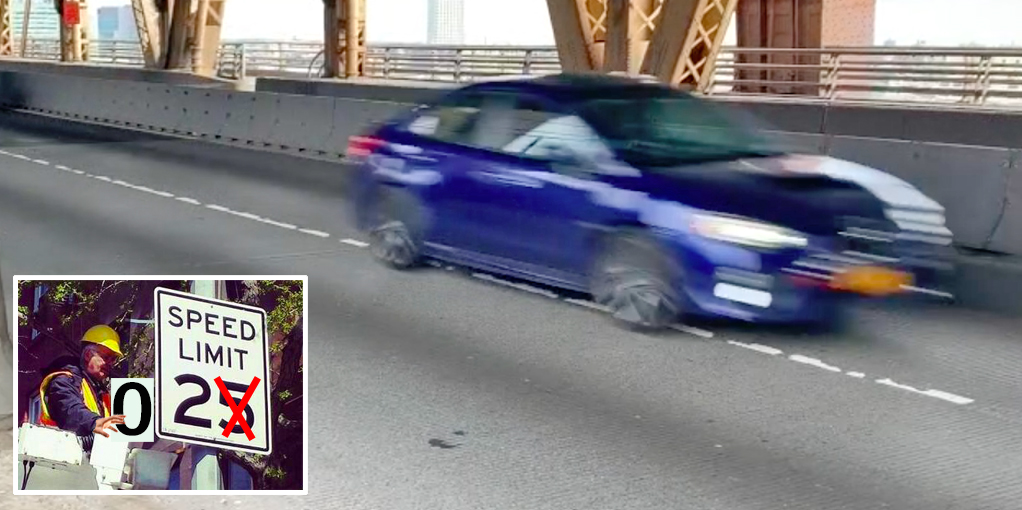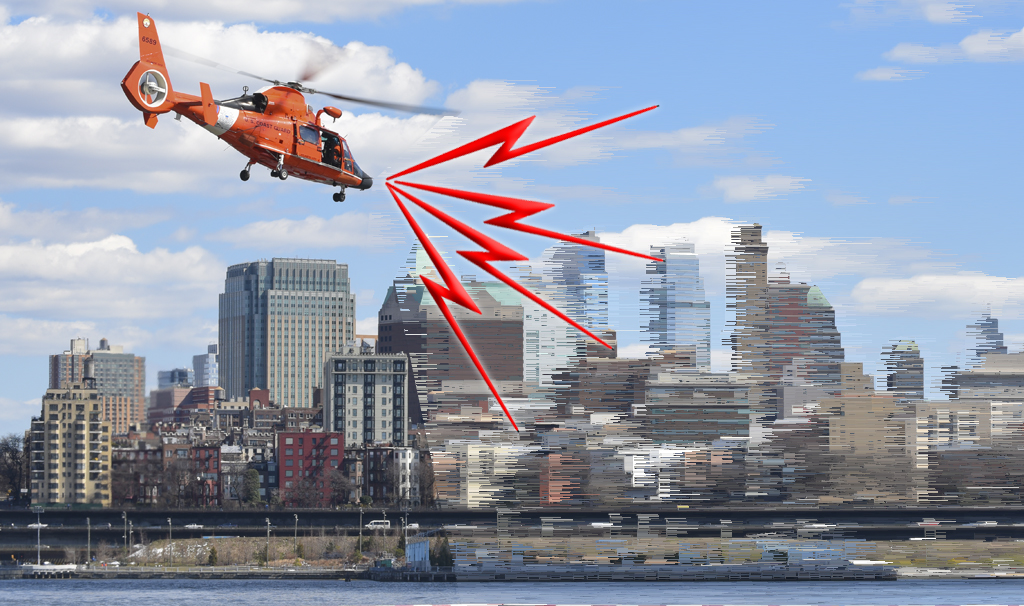
Americans are moving to areas with better transit access, but their options are limited.
Via Dave Roberts at Grist, this congressional testimony from Robert Puentes of the Brookings Institution [PDF] is a must-read for anyone interested in how the country can reduce dependence on cars and fossil fuels. High gas prices and soaring transit ridership have exposed the shortcomings of local transit systems, Puentes reports: 54 of the nation's 100 largest metro areas have weak bus systems and no rail service. The federal funding mechanism is a major culprit:
One reason the metropolitan transportation system -- which should serve as the connective tissue within and between metropolitan areas -- is woefully incomplete, is due to flaws in federal policy.
Federal transportation policy has long favored highway building over transit investments. Transit projects are evaluated and funded differently than highways. The pot of available federal transit funding is so small that the federal government oversees a competitive process for new transit funding, requiring multiple hypercompetitive bureaucratic reviews that demonstrate a project's cost-effectiveness. Funding is also subject to annual congressional appropriations. Highways do not undergo the same level of scrutiny or funding uncertainty. Also, while highways typically receive up to 80 percent of federal funds (and 90 percent for improvements and maintenance), new transit projects' federal contribution is often less than half of the project cost.
Taken together, these biases ensure that state transportation policy pursued under federal law works against many metropolitan areas' efforts to maintain modern and integrated transportation networks.
Puentes delivered his testimony to the Senate Banking Committee, which has been considering emergency funding for local transit agencies. Read the whole thing for a good overview of how transportation and land-use policies can be improved as we approach the renewal of the huge five-year federal transportation bill.
Graphic: Brookings Institution





